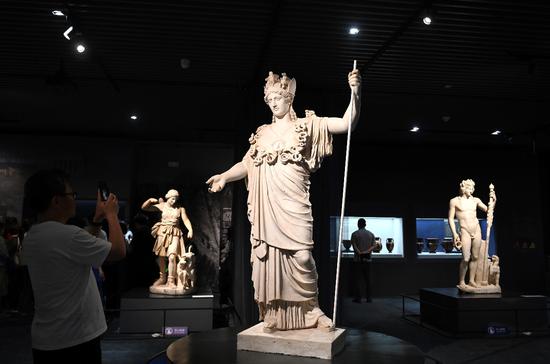
CNS: Why are we studying the classical texts and books from thousands of years ago today? What is the contemporary value of the Classics?
Georgios Steiris: While it's often thought that the past is lost and that only the future truly matters, it is actually the past that shapes who we are. At first glance, time may seem like a series of fleeting moments: the past is gone, the present slips away, and the future is yet to come. But on closer reflection, the past is the only enduring aspect of time, embedded in our minds and visible in everything around us. Our world is a tapestry woven from past events. Even astronomers, when observing the universe, are witnessing occurrences from long ago, as light takes millions of years to travel vast cosmic distances.
Similarly, we are defined by our cumulative experiences and, in part, by DNA—an inheritance passed down from our ancestors. Understanding the past, therefore, is essential. Thucydides's insight that studying the past helps us understand the present, anticipate the future, and avoid repeating mistakes remains as relevant as ever. History offers an enduring lesson.
Additionally, texts by thinkers like Plato, Aristotle, Confucius, and Mencius serve as repositories of values that enrich our humanity—values essential to modern civilization. In today's age of rapid advancements in artificial intelligence and biotechnology, preserving the humanity we have gained through centuries of struggle is crucial. Furthermore, modern technology cannot function effectively without the ethical foundation provided by classical civilization. The complex algorithms governing much of our lives depend on core values and an understanding of the principles, the rules that sustain human societies.
CNS: As an European scholar, especially a Greek scholar who studies Ancient Greek culture, how do you think of the World Conference of Classics held by Greece and China, and the studies and researches on Western classical studies by Chinese?
Georgios Steiris: The World Conference of Classics highlights China's commitment to playing a prominent role in global affairs. While classical studies face declining funding and shrinking departments in the West, China is choosing a different path—investing in enduring values and culture. Power and influence arise from three sources: wealth, military strength, and knowledge. Notably, only knowledge has the potential to generate both economic and military power.
The ancient Greeks emphasized posterity—how one wishes to be remembered. This idea shapes how we live and what we aim to create. To be remembered, one must demonstrate knowledge and virtue; everything else fades with time. No civilization has ever thrived or endured on material strength alone. China has much to gain from studying Western civilization—both its successes and its failures—as examples and counterpoints. Equally, the West stands to benefit from exploring Chinese culture, a rich source of profound wisdom.
CNS: You study and teach ancient Greek philosophy as well as ancient Chinese philosophy. The West has classics, China and other civilizations also have their own classical studies. How do you view the definition of classics or classical studies? And what do you think of the relations between the classics of ancient sages in different civilizations?
Georgios Steiris: As I mentioned, the term "Classics" is a 19th-century construction that reflects choices made within the context of European culture. This process was, in many ways, imposed on other cultures.
I have examined the significant debates in 20th-century China as scholars sought to establish a history of Chinese philosophy equivalent to its European and American counterparts. This endeavor was painful for Chinese culture, as it was compelled to conform to a model created by another culture based on its own standards. The first prominent Chinese philosophical historians studied in the United States and attempted to organize Chinese thought according to Western criteria.
I believe the current philosophical canon and its historical narrative need revision, as they are often biased and exclusive. Recognizing the philosophical traditions of Eastern cultures, particularly those of China and India, is essential for creating a more inclusive and accurate narrative that transcends ethnocentric and colonial perspectives. For instance, two of Plato's core concepts—the immortality of the soul and reincarnation, which underpin his theories of knowledge and science—have origins in Eastern thought. While Plato adapted these ideas philosophically, it is now obsolete to view civilizations in isolation. Asia and Europe form a continuum where people and ideas have moved freely since ancient times.
Inevitably, the formation of classical studies involves exclusions. More troubling is that anything that does not align with the dominant narrative of a given era—or the preferences of influential figures in academia—is often discarded or relegated to obscurity. We must strive to be more inclusive, broadening the scope of scholarly interest to encompass a wider range of texts and ideas while retaining what is currently accepted. The calls from some to ban Aristotle from the classics for his views on slavery, or Homer for his treatment of women, are misguided. As the Christian saint Basil the Great advised his disciples, we should study all texts but act like bees—drawing from the sweetest blossoms to ultimately produce honey.









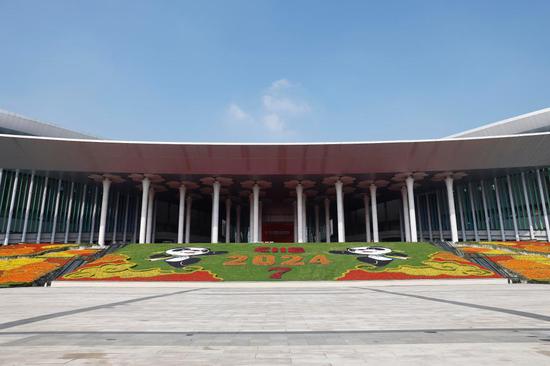

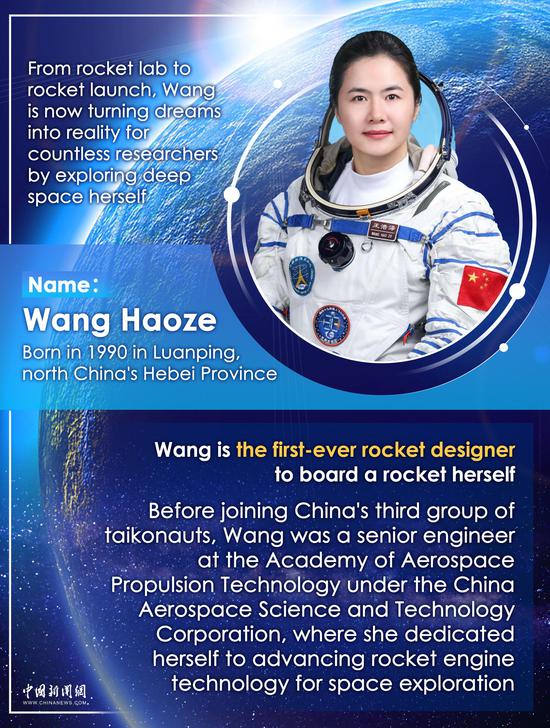


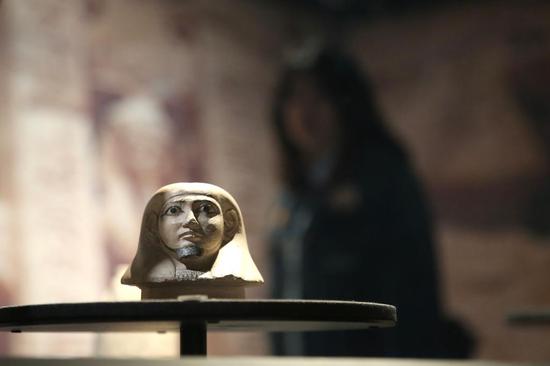



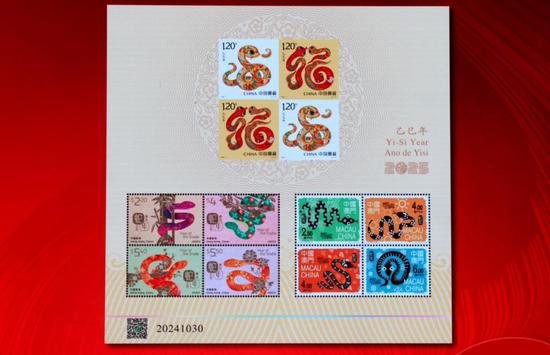




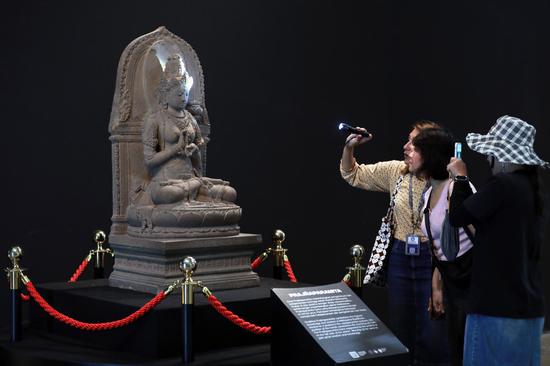




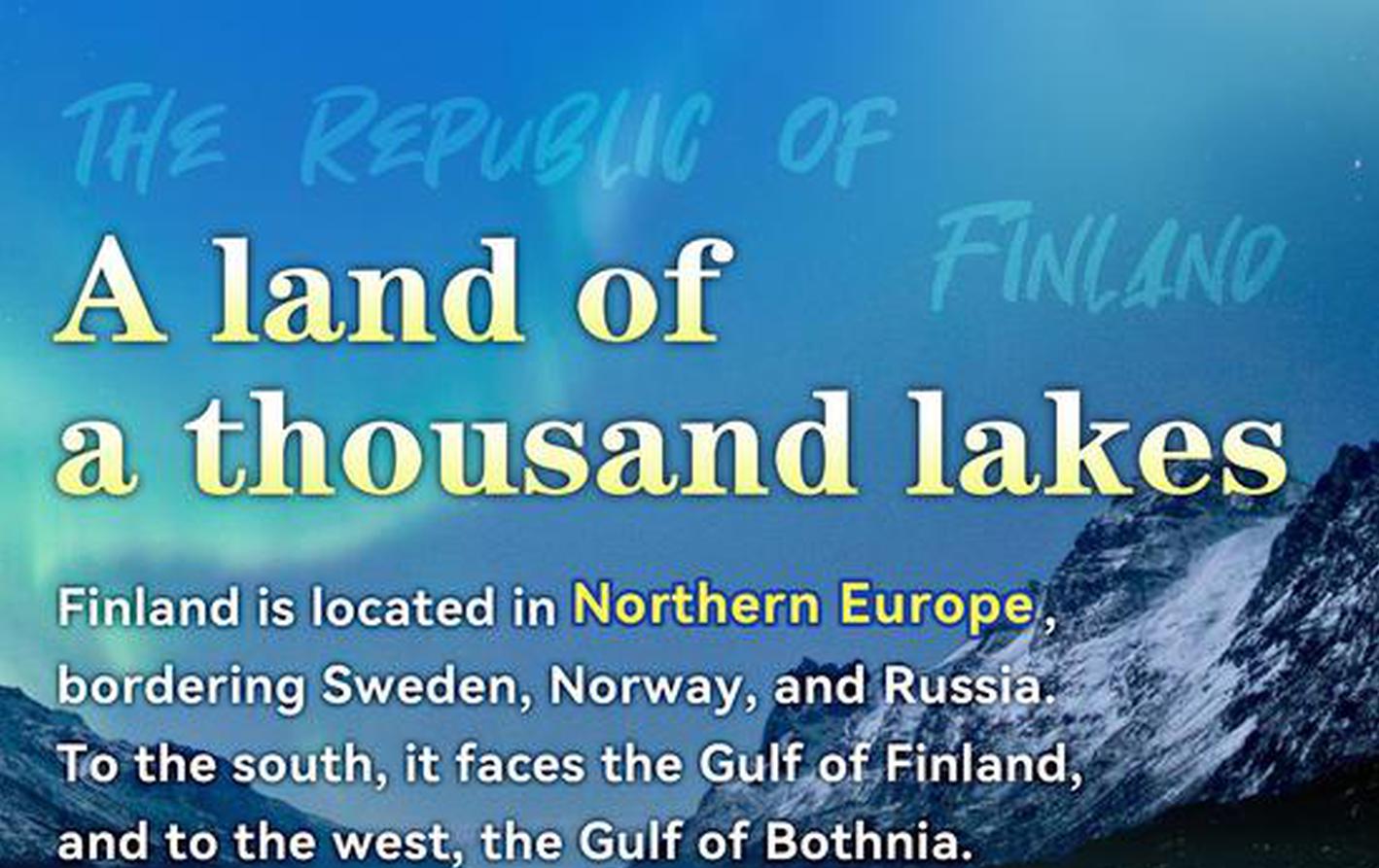




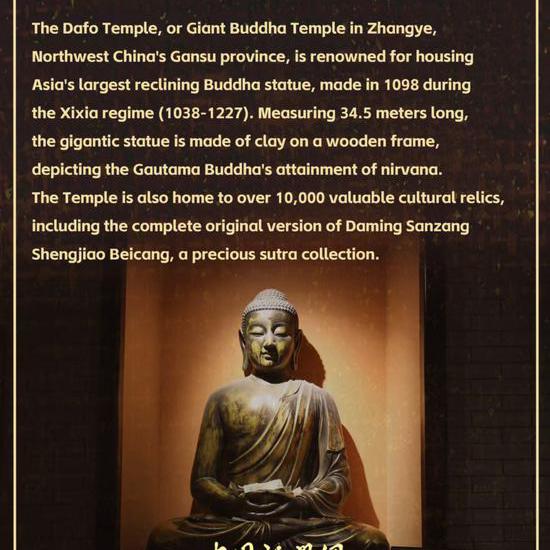
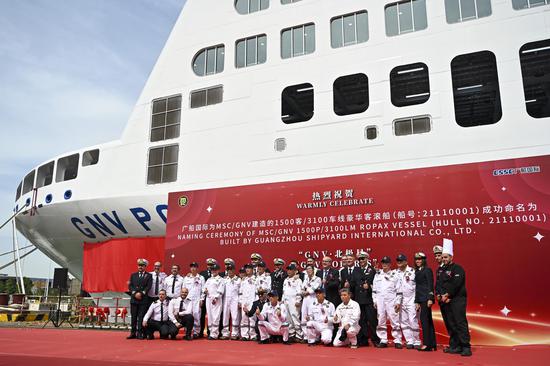

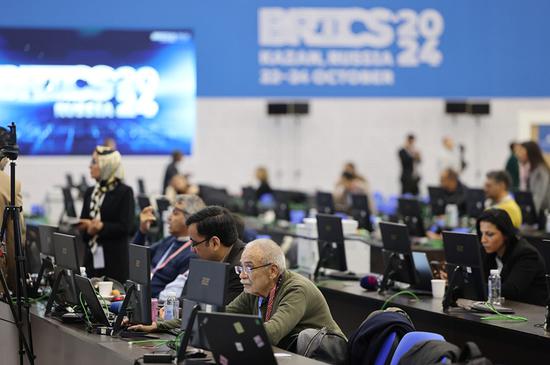
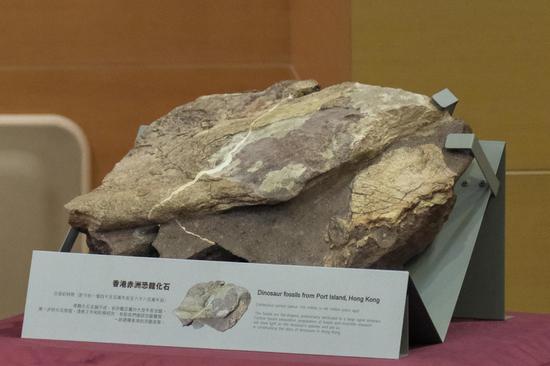
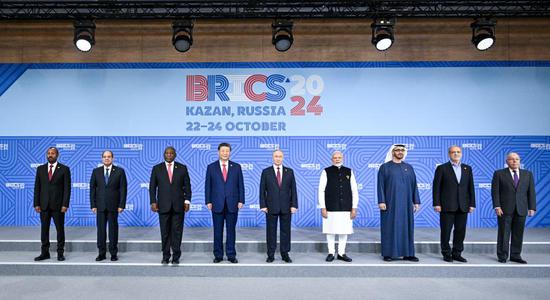







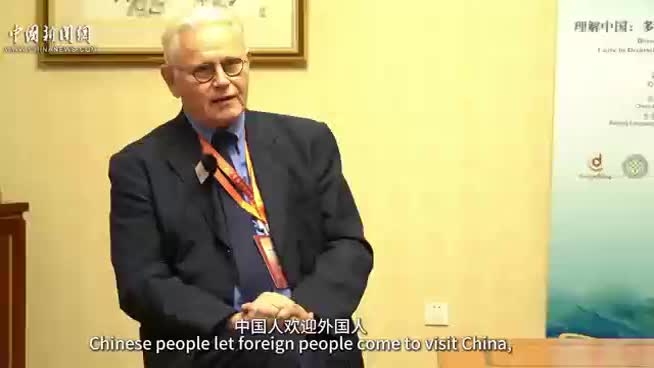



 京公网安备 11010202009201号
京公网安备 11010202009201号